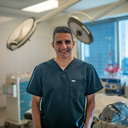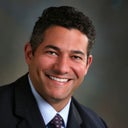Stop Exercise Regimen Before Breast Augmentation?
Is it advisable or required that I cease my exercise regimen prior to my Breast Augmentation?
Is it advisable or required that I cease my exercise regimen prior to my Breast Augmentation?







What’s trending? Who’s turning heads? Which TikTok myths need busting? We’ve got you. No fluff, no gatekeeping—just real talk. Get our free, unfiltered newsletter.